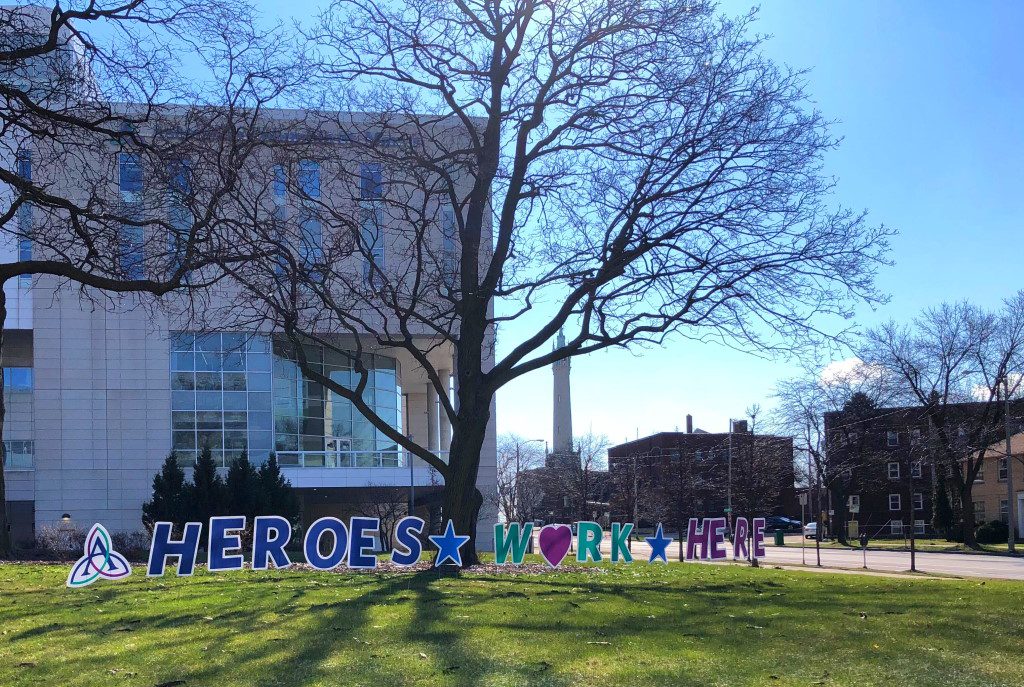Unpaid Care at State’s Hospitals Cost $1.3 Billion
Charity care and bad debt up by $90 million in 2019, could rise more in 2020.
Unpaid care at Wisconsin hospitals rose by $90 million in 2019, a trend that seems likely to continue in 2020 as a result of the COVID-19 pandemic.
Uncompensated care, which includes charity care as well as bad debt cases, totaled $1.3 billion in 2019, according to a new report from the Wisconsin Hospital Association (WHA) — a 7.3% increase over the previous fiscal year. The report covers 148 hospitals in the state that are required to submit annual reports on uncompensated care.
The state’s 128 general medical and surgical hospitals accounted for all but $22.3 million of the state’s uncompensated care; that remainder was incurred by 20 specialty hospitals that provide psychiatric care, alcohol and other drug abuse treatment, rehabilitation and long-term acute care.
Potter says one reason for the increases in uncompensated care has been shifts in private health insurance, particularly employer-based plans that have required employees to bear an increasing share of the cost of care out of pocket.
Uncompensated care could rise in 2020 because of the COVID-19 pandemic and job losses that have left some people without health insurance, Potter says. Other factors, such as whether patients wind up being able to get coverage through BadgerCare, might offset some of that, however, he adds.
ABC for Health, a nonprofit healthcare advocacy organization, also expects to see uncompensated care increase this year because of the pandemic.
A key component of the work of ABC Health is helping people with medical debt, including representing patients or their families who are sued for not paying medical bills. According to ABC Health attorney Bobby Peterson, except for a small fraction, most patients who are sued for not paying their healthcare bills lack legal representation and may lose in court due to inadequate help in avoiding medical debt.
More uncompensated care could be avoided with stronger advocacy to help connect patients with resources that can help them pay their bills, Peterson says, whether by appealing denied insurance claims, connecting them with other sources of charity to help pay their bills or helping them enroll in the state’s BadgerCare Plus Medicaid program or in private insurance through the ACA health insurance exchange.
Potter says hospitals have financial assistance policies to help patients unable to pay, including obtaining Medicaid coverage, and that those efforts have been growing.
Reprinted with permission of Wisconsin Examiner.






















